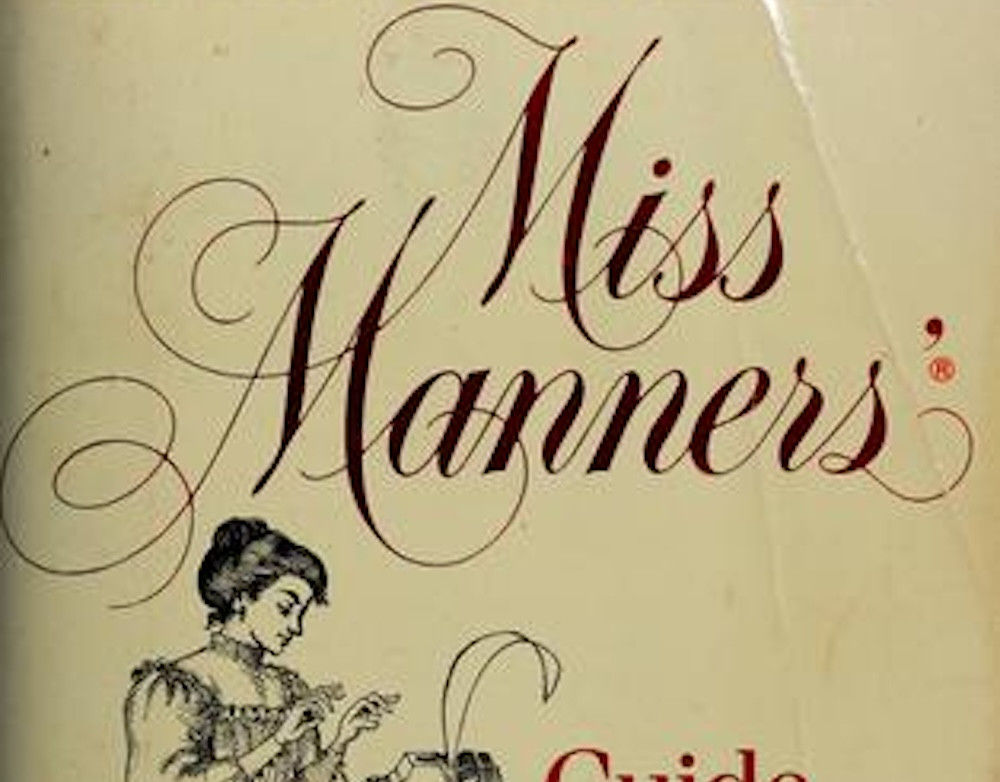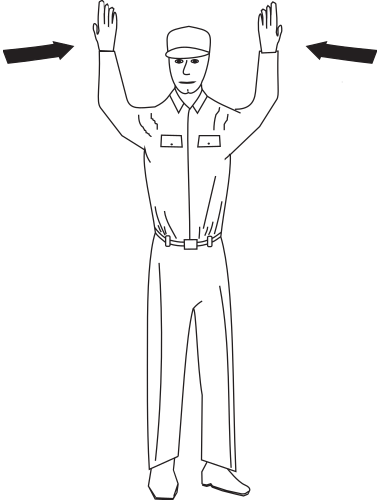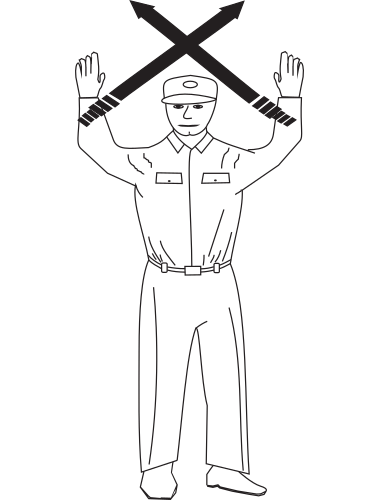Etiquette, like mêlée, is a term that a lot of people of my generation and younger might associate more with D&D and other roleplaying games than with real life. If my online sources don’t fail me, it is closely related to ticket, as either people at French court or soldiers received small pieces of paper on how to behave1.
It would be a fitting item for either the new men (people who recently enjoyed the benefits of upward mobility), and the men-at-arms who often exceeded the station they were born to.
And sometimes, whole eras didn’t know how to behave anymore2. And here, often enough people jumped in to help, for goodness’ or their wallet’s sake. The US has their “Miss Manners”, and in Germany we still use the name of an old nobleman from the 18th century when it comes to guidelines for well-behaved gentlepersons3.
But I’d say we’re definitely in one of those ages where boundaries are breaking and new models of interaction are everywhere, but where’s our book?


Reply Guys & Sealioning #
Almost every social media site or protocol we’re using today has means of commenting on each other’s writing or video-posting—that’s why we’re calling it social in the first place, I guess. But there’s certainly no need for every reply, every time. Sometimes people want to vent. Sometimes there’s a need for a minimum level of competency and/or good will for a decent enough conversation.
Violation of those desires happens often enough that we’ve got memes and terms for them, e.g. the “Well, akshually…” reply guy who just wants to show that he found some (often minor) fault with the initial argument, or its ultimate form, sealioning, where it seems that every random remark needs to have a long list of citations to back it up. I do have to say that I quite like the origin of this phrase…

Traffic lights & air marshalling #
But while some replies are always out of place, there’s a good deal of wiggle room here. The context is important, which includes the type of social media, and of course the poster. Some platforms have built-in limiters here. You can turn off comments totally, or restrict replies to people who follow you, for example. Some people put DNI (“Do Not Interact”) with certain conditions into their profile, which should always be a good place to look before you start talking with a stranger—there you can find enough about their background that you might not even want to engage, and if so you at least have a better idea on how to express yourself—and I don’t just mean pronouns here.
But I think we still have some room for personal growth and better platform tools here. If someone stands at a street corner and shouts out their beliefs, it would be pretty odd if they didn’t expect some, well, feedback. But while the internet has a bigger reach than the average street corner, even if it’s a lonely blog or your social media account doesn’t have that many followers, it’s still a different situation, I’d say.


There’s no rule of thumb for this. And you don’t even have to be neurodivergent to have an issue here, different cultures have different expectations of social engagement4.
Someone could do very well financially in trying to solve this issue, but I’m not sure that enough good will is present—enough reply guys know they’re transgressing, but don’t care.
It ain’t IZZZI being communicative… #
I came across yet another variant of this issue on the IZZZI “social media platform”. Nothing there has changed since I recently wrote about it. It’s still basically a single page where you can see what all your “mutuals” (people you added in the preferences and they did likewise) wrote yesterday. With a tinge of formatting and a single optional image.
It’s really great this far, but as it’s new and rather “raw”, there’s
not yet a clear concept of how you do basic communication. I can mention
other people, sure. Probably highlight their user name a bit (the
code formatting seems more popular than just bold). But then you
basically go beyond the platform in two ways:
-
You “hack” in some communication where no comment/retweet/like/poke etc. functionality was given.
-
People beyond their mutuals can see it, i.e. all of mine. If this involves quoted text, it’s even more exposure.
It’s going to be interesting how that turns out. I think right now most people accept the quotes and replies, as they’re used to it from other platforms. But what if people want a more serene, write-only experience, just for them and their mutuals? How do we communicate our preferences here? Do I have to paste in a “DNI” remark each time?
Oh, by the way, please do interact here. Catch me on mastodon or send me an email. What are your preferences, limits, and how do you try to bring them across?
-
In German, there’s both “Etikett” for a small label, and “Etikette” for the savoir faire type of thing. ↩︎
-
Most of the time a good thing, people of the well-to-do classes always had the time to learn how to do things “properly” at a young age. If there’s a need for this and people didn’t know it yet, it usually coincided with more leisure or egalitarian mingling for everyone. ↩︎
-
Which is a bit weird, as his most famous work was a philosophical treatment about how people should interact with each other–with a short side note about pets and other domesticated animals–and not where to place napkins or what forks to use. ↩︎
-
Are you Finns still okay with being used as a meme here?5 ↩︎